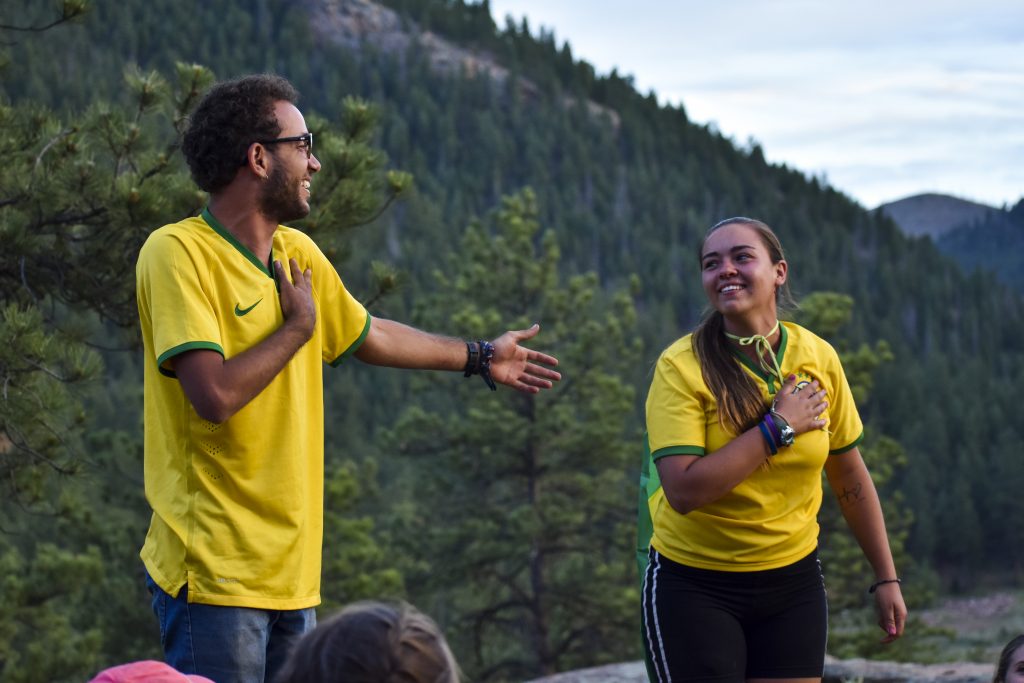Martinsville, IN, March 16, 2020 — The American Camp Association (ACA) – leaders in youth camp development – have enriched lives through the camp experience for over 100 years. For the past 5, they have been diligently researching how broadly ACA camp experiences affect the youth that attend. In their latest findings, the ACA is excited to announce the amount of campers participating in quality, meaningful and memorable camp experiences at ACA accredited camps has risen to approximately 14 million. Overnight camps particularly have reported significantly higher enrollment of 11% annually.
Not only is the organization applauding the increase in participation of these group outdoor activities, but their 5-Year Impact Study research also suggests attending camp can impact campers lives for the better by developing independence, experiencing outdoor fun and adventure, forming an appreciation for nature, living unplugged (e.g. cell phone free), building relationships, and more.
“Campers described how because there are no phones allowed at camp, they are able to meet people and interact with them offline, form closer connections with others (including those they know from home), get a much-needed break from the expectations and pressures of social media, and have the opportunity to live in the moment,” said Victoria Povilaitis, Graduate Assistant for the ACA.
The findings land at a similar time to a recent Outdoor Foundation study showing only about half the U.S. Population participated in outdoor recreation at least once in 2018. Whereas these activities include things like hunting, hiking, camping, fishing, canoeing and more, they do not account for the approximately 14 million campers experiencing Overnight and Day Camps annually at ACA accredited camps. Interestingly, the OIA study shows children ages six to 12, and adolescents ages 13-17, were more likely to describe themselves as outdoor fanatics than other age groups. These age groups share similarities to the ACA research findings that camp can help build an appreciation for the outdoors.
Research such as the 5-Year Impact Study helps the organization emphasize the importance the camp experience has on individual growth, how it can positively prepare youth for college, careers, and adulthood, and how it can be the building blocks for a long lasting relationship with the outdoors.
“ACA funded a study in 2004 that was the first nationally representative study to demonstrate that camp experiences foster outcomes like relationship skills, interest in exploration, and connection to nature among campers of all ages,” said Dr. Laurie Browne Ph.D, Director of Research for ACA. “Since that time we’ve come to recognize these outcomes as social-emotional learning, which are considered essential for young people’s well-being in school, work, and life.”
The ACA’s current study explores the role of camp experiences in these contexts, and so far the organization is finding strong evidence for the lasting impacts of camp, especially in relation to social-emotional learning and in developing an appreciation for being present in the moment. The ACA also plans to perform a 5-year exploration of camp staff, what they gain from working at camp and how working at camp prepares emerging adults for college, career, and beyond. This includes a Leadership Development Study that is part of an initiative to better connect research with professional practice.
For more on the ACA’s research, please visit acacamps.org/research








